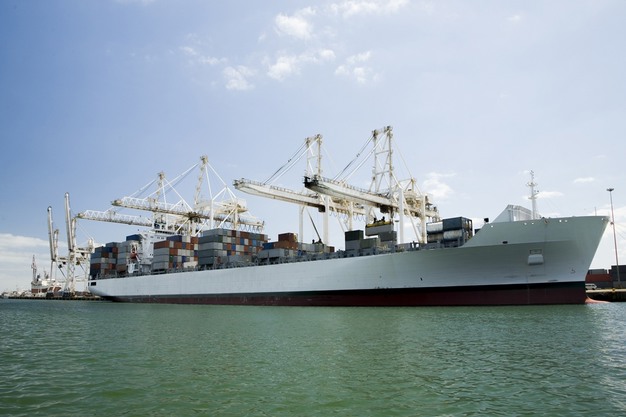“I’ve got two weeks of stock held up in Cape Town, in cold rooms, in the stacks, on the train, beside the boat – it just cannot load. The wind is pumping at 120 km/h,” says a grape exporter. He dearly wants his grapes to arrive in Europe well ahead of Christmas but only managed to get a scant few containers out on a previous vessel.
The duration of the delays is forcing shipping lines to make contingency plans to either bypass Cape Town or call alternative ports, says Antoinette van Heerden, manager of the logistics portfolio at the Fresh Produce Exporters’ Forum. “It is still early in the season and the planned exports for weeks 46 and 47 was in the region of 600 reefers. All we can do is monitor the weather and execute contingency plans.”
There will definitely be fewer vessels bringing grapes to Europe ahead of Christmas, she says, but there is volume on the water. It’s just a matter of time, the grape exporter reckons, before buyers start flying out South African grapes. The wind situation during the coming week will be crucial in determining pre-Christmas shipments.
Namibian grape exporters are now sending more grapes through Walvis Bay Harbour, which diverts their containers from the congestion at Cape Town, but it’s more expensive than sending it out through Cape Town.
 © ID 239387418 © Danie Nel | Dreamstime.com | Dreamstime Cargo ship being loaded in Cape Town (© Danie Nel | Dreamstime.com)
© ID 239387418 © Danie Nel | Dreamstime.com | Dreamstime Cargo ship being loaded in Cape Town (© Danie Nel | Dreamstime.com)
Transnet advanced delivery of second batch of RTGs
“The southeaster always blows in summer, sure, but we do not see these unusually high wind speeds, above 100km/hr this early in the season. The longest uninterrupted period of wind delay I remember over the past three years has been 4.5 days,” Van Heerden says.
“We are looking forward to the deployment of the second batch of 9 RTGs [rubbertyred gantries] which will enable the port to operate in higher wind speeds. We appreciate that Transnet advanced the delivery of the second batch of RTGs so that we will have 18 new machines operating from early December.”
She observes that while the winds cannot be controlled there is efficiency to be found in the recovery.
The harbour winds of Cape Town are the subject of a study by the Applied Centre for Climate & Earth System Science (ACCESS) at the Council for Scientific and Industrial Research (CSIR). “It is not normal,” ACCESS states, “for the port to experience extreme winds that are more frequent and intense than before.”
The unit says that the port of Cape Town lost on average 1,200 hours per year of operational time. “This is our concern, especially when demand for marine services in the port is increasing,” says Dr Neville Sweijd, programme director.
Source: The Plantations International Agroforestry Group of Companies
